×
![]()
cap6000: Instance-to-Instance Comparison Results
| Type: | Instance |
| Submitter: | MIPLIB submission pool |
| Description: | Imported from the MIPLIB2010 submissions. |
| MIPLIB Entry |
Parent Instance (cap6000)
All other instances below were be compared against this "query" instance.  |
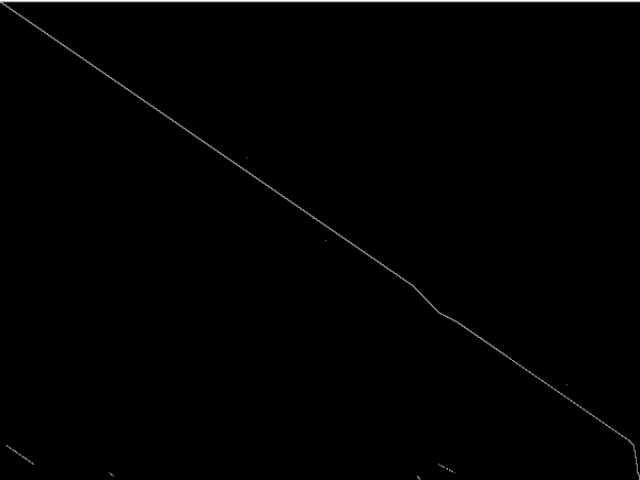 |
 |
 |
 |
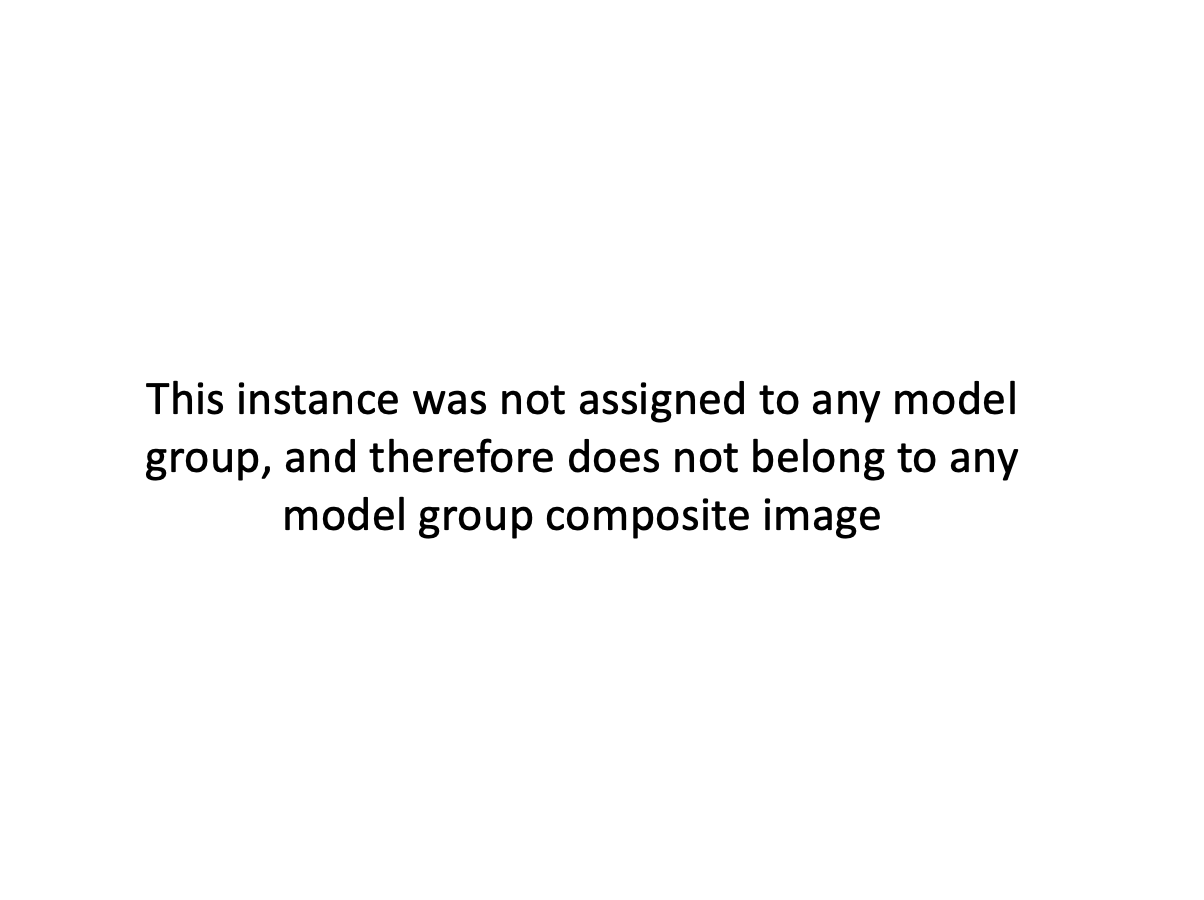 |
|
Raw
This is the CCM image before the decomposition procedure has been applied.
|
Decomposed
This is the CCM image after a decomposition procedure has been applied. This is the image used by the MIC's image-based comparisons for this query instance.
|
Composite of MIC Top 5
Composite of the five decomposed CCM images from the MIC Top 5.
|
Composite of MIPLIB Top 5
Composite of the five decomposed CCM images from the MIPLIB Top 5.
|
Model Group Composite Image
Composite of the decomposed CCM images for every instance in the same model group as this query.
|
MIC Top 5 Instances
These are the 5 decomposed CCM images that are most similar to decomposed CCM image for the the query instance, according to the ISS metric.  |
Decomposed
These decomposed images were created by GCG.
|
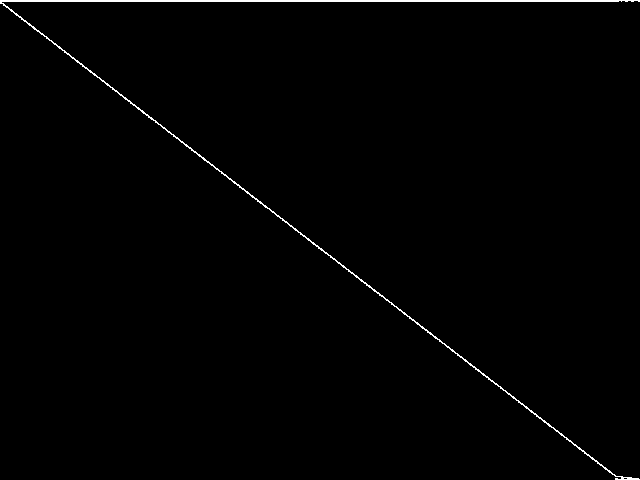 |
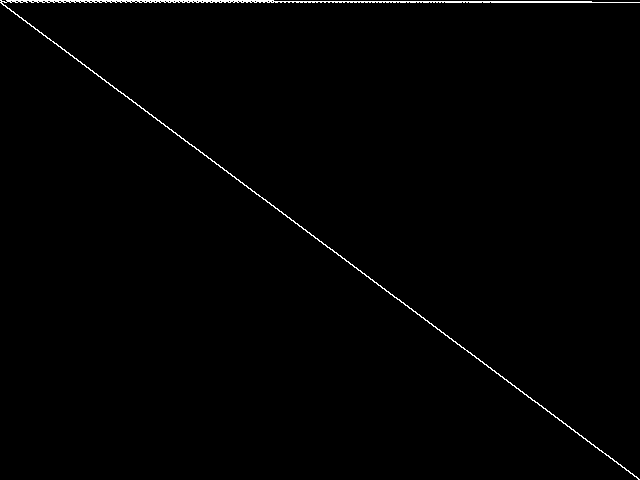 |
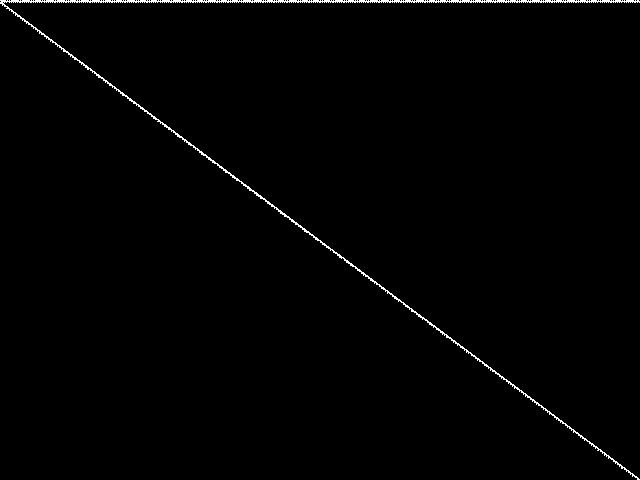 |
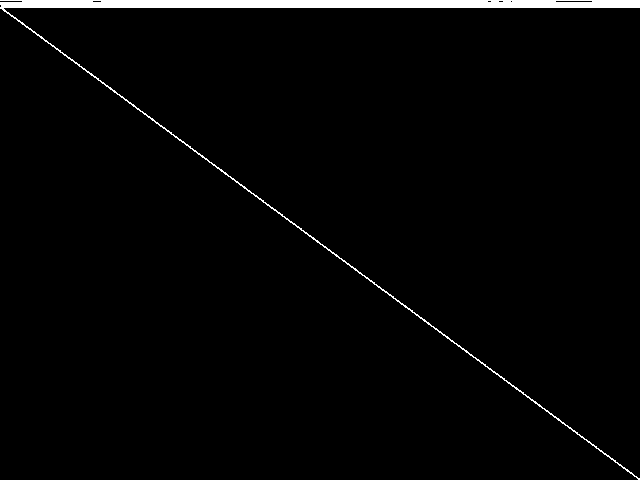 |
 |
| Name | neos-4322846-ryton [MIPLIB] | thor50dday [MIPLIB] | neos-876808 [MIPLIB] | ns1430538 [MIPLIB] | graph40-40-1rand [MIPLIB] | |
|
Rank / ISS
The image-based structural similarity (ISS) metric measures the Euclidean distance between the image-based feature vectors for the query instance and all other instances. A smaller ISS value indicates greater similarity.
|
1 / 0.285 | 2 / 0.297 | 3 / 0.309 | 4 / 0.311 | 5 / 0.321 | |
|
Raw
These images represent the CCM images in their raw forms (before any decomposition was applied) for the MIC top 5.
|
 |
 |
 |
 |
 |
MIPLIB Top 5 Instances
These are the 5 instances that are most closely related to the query instance, according to the instance statistic-based similarity measure employed by MIPLIB 2017  |
Decomposed
These decomposed images were created by GCG.
|
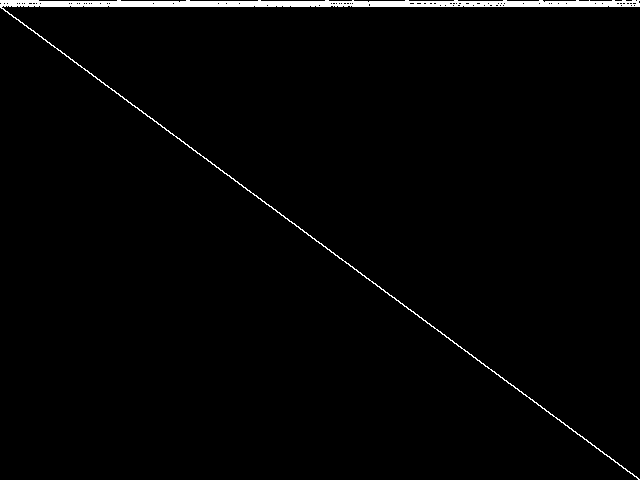 |
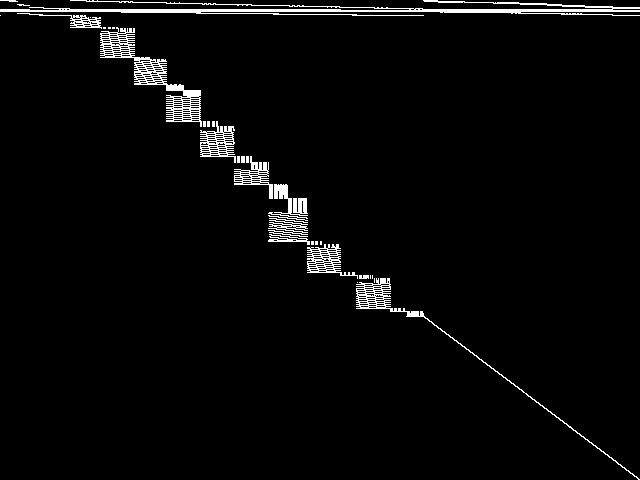 |
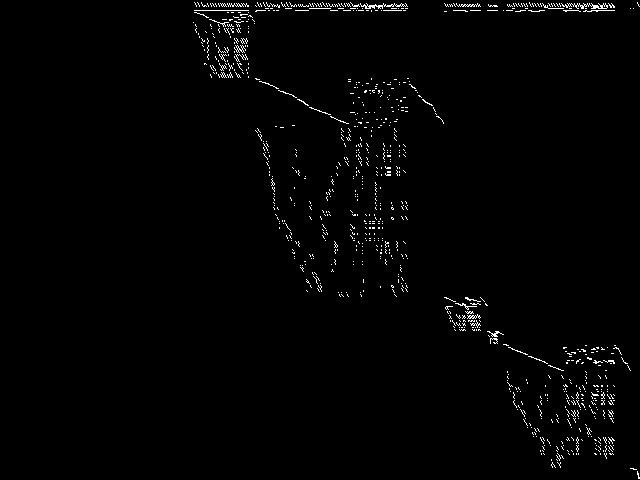 |
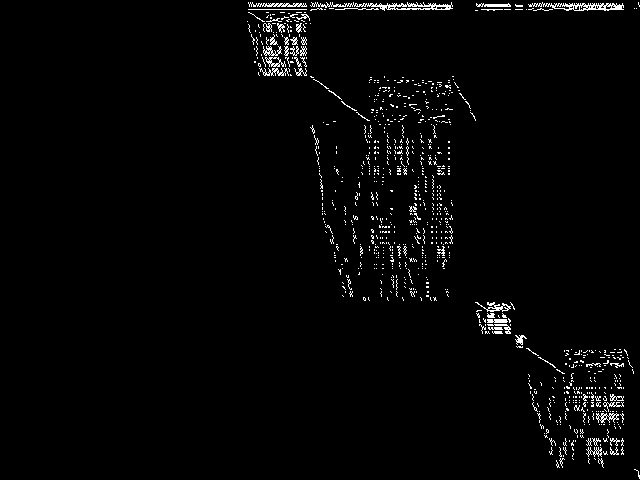 |
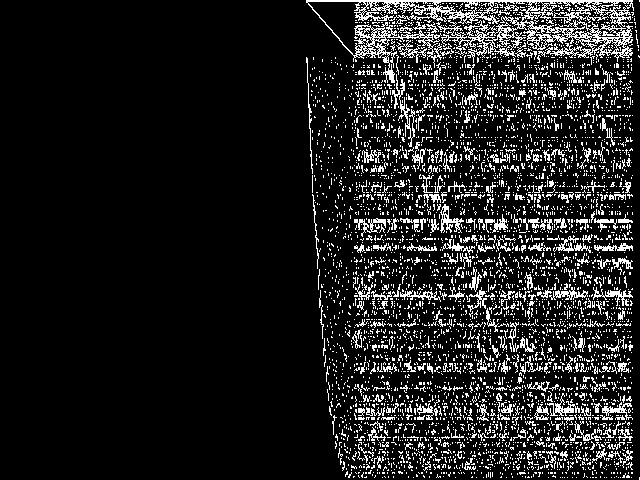 |
| Name | n3div36 [MIPLIB] | bab1 [MIPLIB] | gmu-35-40 [MIPLIB] | gmu-35-50 [MIPLIB] | gmut-76-40 [MIPLIB] | |
|
Rank / ISS
The image-based structural similarity (ISS) metric measures the Euclidean distance between the image-based feature vectors for the query instance and all model groups. A smaller ISS value indicates greater similarity.
|
18 / 0.428 | 294 / 1.125 | 443 / 1.370 | 571 / 1.536 | 925 / 2.879 | |
|
Raw
These images represent the CCM images in their raw forms (before any decomposition was applied) for the MIPLIB top 5.
|
 |
 |
 |
 |
 |
Instance Summary
The table below contains summary information for cap6000, the five most similar instances to cap6000 according to the MIC, and the five most similar instances to cap6000 according to MIPLIB 2017.
| INSTANCE | SUBMITTER | DESCRIPTION | ISS | RANK | |
|---|---|---|---|---|---|
| Parent Instance | cap6000 [MIPLIB] | MIPLIB submission pool | Imported from the MIPLIB2010 submissions. | 0.000000 | - |
| MIC Top 5 | neos-4322846-ryton [MIPLIB] | Jeff Linderoth | (None provided) | 0.285321 | 1 |
| thor50dday [MIPLIB] | Daniel Rehfeldt | Steiner tree problem in graphs instance, consisting of a complete graph with 231 vertices of which 50 are terminals. The vertices correspond to cities (mostly capitals) around the world, the edges weights correspond to the distances in km. | 0.297345 | 2 | |
| neos-876808 [MIPLIB] | NEOS Server Submission | Imported from the MIPLIB2010 submissions. | 0.309226 | 3 | |
| ns1430538 [MIPLIB] | NEOS Server Submission | Instance coming from the NEOS Server with unknown application. | 0.310922 | 4 | |
| graph40-40-1rand [MIPLIB] | Michael Bastubbe | Packing Cuts in Undirected Graphs. Instances are described in 4.1. | 0.320780 | 5 | |
| MIPLIB Top 5 | n3div36 [MIPLIB] | R. Meirich | Static line planning models on the Dutch IC network. Solved with Gurobi 4.5.1 on a 12-core Linux system in 1700.37 sec. | 0.428207 | 18 |
| bab1 [MIPLIB] | Elmar Swarat, Laura Traverso, Julia Buwaya | Integrated vehicle routing and crew scheduling of toll inspectors on German highways | 1.124538 | 294 | |
| gmu-35-40 [MIPLIB] | Nora Konnyu | Timber harvest scheduling model These are harvest scheduling models of hypothetical forest planning problems where net timber revenues are maximized over a planning horizon subject to four sets of constraints: 1. Each management unit can be harvested only once over the planning horizon, 2. Volume harvested in one planning period should not be less or more than some portion of that in the preceding period, 3. Area-weighted average age of the forest by the end of the plan should notbe less than a certain target age. 4. Clearcut size in any planning period has to be below a specific limit. Decision variable are management units and generalized management units (group of management units with a combined area not exceeding the limit on clearcut size) and can be either fully harvested or left untouched in any planning period, therefore there is a binary restriction on the decision variables. | 1.369504 | 443 | |
| gmu-35-50 [MIPLIB] | Nora Konnyu | Timber harvest scheduling model These are harvest scheduling models of hypothetical forest planning problems where net timber revenues are maximized over a planning horizon subject to four sets of constraints: 1. Each management unit can be harvested only once over the planning horizon, 2. Volume harvested in one planning period should not be less or more than some portion of that in the preceding period, 3. Area-weighted average age of the forest by the end of the plan should notbe less than a certain target age. 4. Clearcut size in any planning period has to be below a specific limit. Decision variable are management units and generalized management units (group of management units with a combined area not exceeding the limit on clearcut size) and can be either fully harvested or left untouched in any planning period, therefore there is a binary restriction on the decision variables. | 1.535965 | 571 | |
| gmut-76-40 [MIPLIB] | Nora Konnyu | Timber harvest scheduling model These are harvest scheduling models of hypothetical forest planning problems where net timber revenues are maximized over a planning horizon subject to four sets of constraints: 1. Each management unit can be harvested only once over the planning horizon, 2. Volume harvested in one planning period should not be less or more than some portion of that in the preceding period, 3. Area-weighted average age of the forest by the end of the plan should notbe less than a certain target age. 4. Clearcut size in any planning period has to be below a specific limit. Decision variable are management units and generalized management units (group of management units with a combined area not exceeding the limit on clearcut size) and can be either fully harvested or left untouched in any planning period, therefore there is a binary restriction on the decision variables. | 2.878769 | 925 |
cap6000: Instance-to-Model Comparison Results
| Model Group Assignment from MIPLIB: | no model group assignment |
| Assigned Model Group Rank/ISS in the MIC: | N.A. / N.A. |
MIC Top 5 Model Groups
These are the 5 model group composite (MGC) images that are most similar to the decomposed CCM image for the query instance, according to the ISS metric.  |
These are model group composite (MGC) images for the MIC top 5 model groups.
|
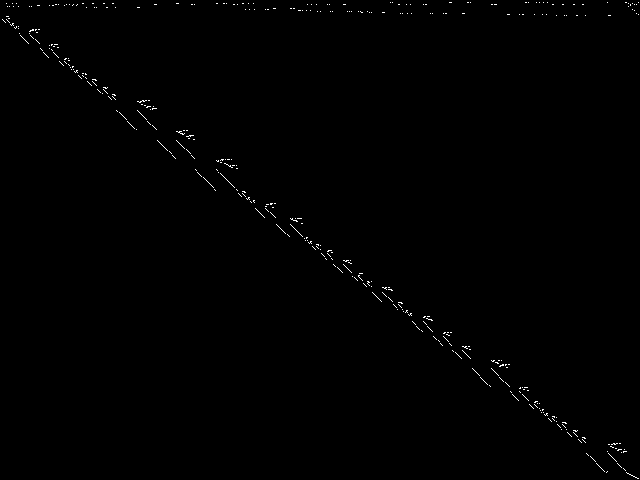 |
 |
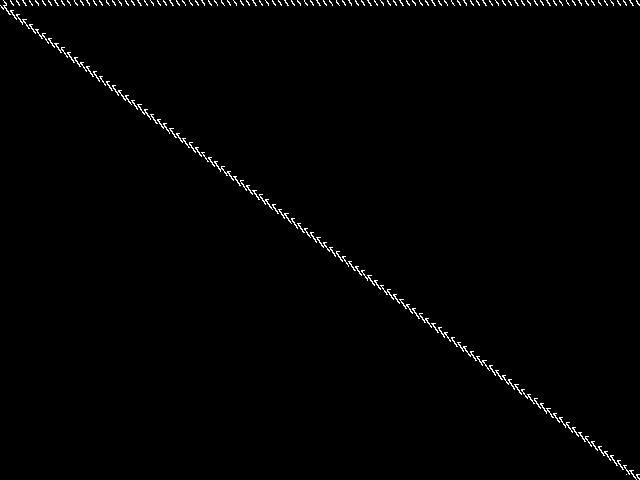 |
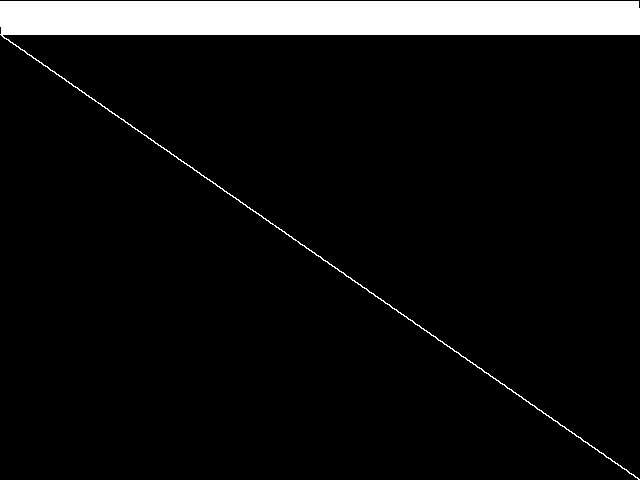 |
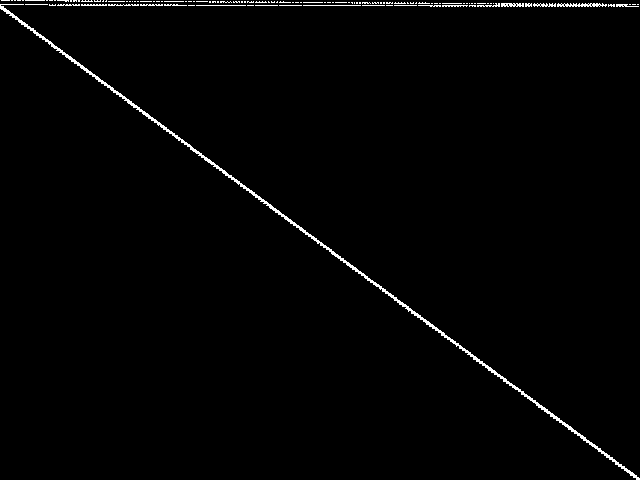 |
| Name | sp_product | map | n37 | neos-pseudoapplication-2 | radiation | |
|
Rank / ISS
The image-based structural similarity (ISS) metric measures the Euclidean distance between the image-based feature vectors for the query instance and all other instances. A smaller ISS value indicates greater similarity.
|
1 / 0.586 | 2 / 0.639 | 3 / 0.679 | 4 / 0.709 | 5 / 0.753 |
Model Group Summary
The table below contains summary information for the five most similar model groups to cap6000 according to the MIC.
| MODEL GROUP | SUBMITTER | DESCRIPTION | ISS | RANK | |
|---|---|---|---|---|---|
| MIC Top 5 | sp_product | MIPLIB submission pool | Imported from the MIPLIB2010 submissions. | 0.585624 | 1 |
| map | Kiyan Ahmadizadeh | Land parcel selection problems motivated by Red-Cockaded Woodpecker conservation problem | 0.639385 | 2 | |
| n37 | J. Aronson | Fixed charge transportation problem | 0.678831 | 3 | |
| neos-pseudoapplication-2 | NEOS Server Submission | Imported from the MIPLIB2010 submissions. | 0.709498 | 4 | |
| radiation | Gleb Belov | Linearized Constraint Programming models of the MiniZinc Challenges 2012-2016. I should be able to produce versions with indicator constraints supported by Gurobi and CPLEX, however don't know if you can use them and if there is a standard format. These MPS were produced by Gurobi 7.0.2 using the MiniZinc develop branch on eb536656062ca13325a96b5d0881742c7d0e3c38 | 0.752787 | 5 |

